The American playwright Richard Greenberg, who has died aged 67 of cancer, was an accomplished and prolific chronicler of the lives of young, upwardly mobile professionals in the 1980s – he himself had first wanted to be an architect. In doing so, he moved American new playwriting on from the era of Sam Shepard and David Mamet; he had no particular axes to grind, and he wrote beautifully.
Every time you saw a play of his – he was once dubbed “the American Noël Coward” – you understood why his household gods were Scott Fitzgerald, Henry James and Edith Wharton. He was serious, literate, engaging and enlightened.
In his breakthrough play, Eastern Standard (1988), he anatomised a yuppie quartet of best friends and siblings sorting out their relationships as they moved from Manhattan to a summer house on Long Island. And he did so in a becalmed atmosphere of guilt-ridden privilege that got some critics’ collective goats.
I saw Eastern Standard in the same Broadway season as AR Gurney’s The Cocktail Hour and Wendy Wasserstein’s The Heidi Chronicles. All three plays reverted to classical structure and narrative in middle-class environments turning their backs on Greenwich Village, political protest and scabrous social behaviour.
He told the New York Times in 1988: “The idea that the moral and personal lives of the middle-class do not constitute a subject worthy of consideration is a kind of fascism to me, a censoriousness saying that we know everything there is to know about them.” And it is certainly true that he jabbed and poked beneath the surface of his characters’ lives with uncommon skill, revealing complex layers.
Many of Greenberg’s plays (and there were over 30) were set in Manhattan and the socioeconomic satellites of the Hamptons and the Catskills. But his own personal style and demeanour were secretive, withdrawn, uncooperative. As he admitted in a Daily Telegraph interview in 2009: “I love the moment when you just have the dress rehearsal, when no one’s there; that’s kind of the peak to me. When people start filing in, I like to file out.”
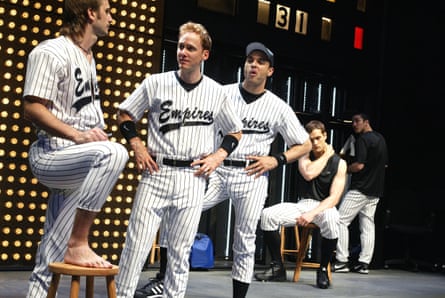
All the same, he won the Tony best play award in 2003 for Take Me Out – world premiered in London at the Donmar Warehouse in 2002 – a play about a major league baseball player coming out as gay that wittily addressed the subject of bigotry and homophobia in sport. Again, he did not tub-thump; he moved gracefully through the arguments.
The Donmar had also presented – in 1999 – the clever and absorbing Three Days of Rain (1997), charting the fleshly appetites and passion in two overlapping triangular love stories, with a great cast of Colin Firth, Elizabeth McGovern and David Morrissey. The play was triumphantly revived on Broadway in 2006 with a trio of Paul Rudd, Julia Roberts and Bradley Cooper.
Greenberg was born in Green Meadow, Long Island, New York, to Shirley (nee Levine) and Leon Greenberg, an executive for a chain of movie theatres. He graduated from Princeton with a degree in English in 1980 and enrolled in Harvard’s doctoral programme on literature before transferring to the Yale school of drama for the playwriting course. There, he wrote The Bloodletters (1984), about a Jewish teenager on Long Island who develops a rare disease that makes him smell like a dirty bathroom. The New York Times critic Frank Rich, a notable champion of his, said that the play was “so daffily conceived that one must admire its promising author’s antic spin of mind even when he is straining too hard”.
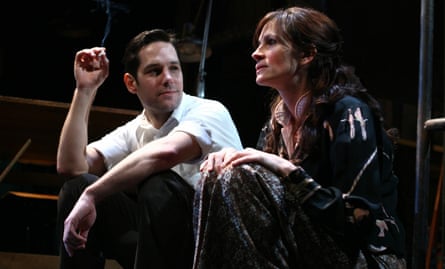
He signed a contract with the South Coast repertory in California, where several of his plays were first presented. Other important forcing houses in the early days were the Seattle Rep and the Manhattan Theatre club, both springboarding Eastern Standard to Broadway.
Patently using James’s Washington Square (in its theatrical format of The Heiress), Greenberg wrote The American Plan (1990) as a pungent, melancholic mother and daughter drama of great psychological and narrative ingenuity. Set in the Catskills in the 1960s, it was hailed as “an absolute cracker” by Michael Billington when receiving its British premiere in 2013 at the Theatre Royal, Bath, directed by David Grindley and outstandingly well-acted by Diana Quick as the Mittel European Jewish refugee and Emily Taaffe as her daughter Lili Adler, a young heiress scarred by mental illness.
The last play of his I saw, an extraordinary one, was The Dazzle (2002), presented in 2015 by the Michael Grandage company, directed by Simon Evans, in a pop-up theatre in the former Central Saint Martins school on the Charing Cross Road. The play is based on a true story of two brothers – or at least their decomposing corpses – found in 1947 in their clutter-rammed family home in New York. It had taken a team of people weeks to clear their hoard – books, instruments, newspapers.
And it was from this posthumous view of the brothers that Greenberg looked back. He fictionalised what their lives could have been, inspired by the possibilities of how the two men could have arrived in such a sorry state. Andrew Scott played, brilliantly, the eccentric pianist, Langley, David Dawson, equally superb, his accountant brother, Homer.
The play was set in a small room with a grand piano – relatively uncluttered to begin with – but as the story unfolded the room began to cramp with crap. A bohemian hostess, played by a beautifully poised Joanna Vanderham, entered their world, almost marrying Langley, then much later almost marrying Homer, before the brothers were left alone, hidden from society, dirty and dying, surrounded by their accumulated memorabilia and detritus.
The savagery of these biographies fully exposed the streak of jaundiced melancholia and dissatisfaction running through most of Greenberg’s characters’ lives, the downside to their wealth and privilege. It is impossible not to deduce there was something of this about Greenberg himself, the fuel to his writing.
He is survived by his brother, Edward.

 11 hours ago
3
11 hours ago
3

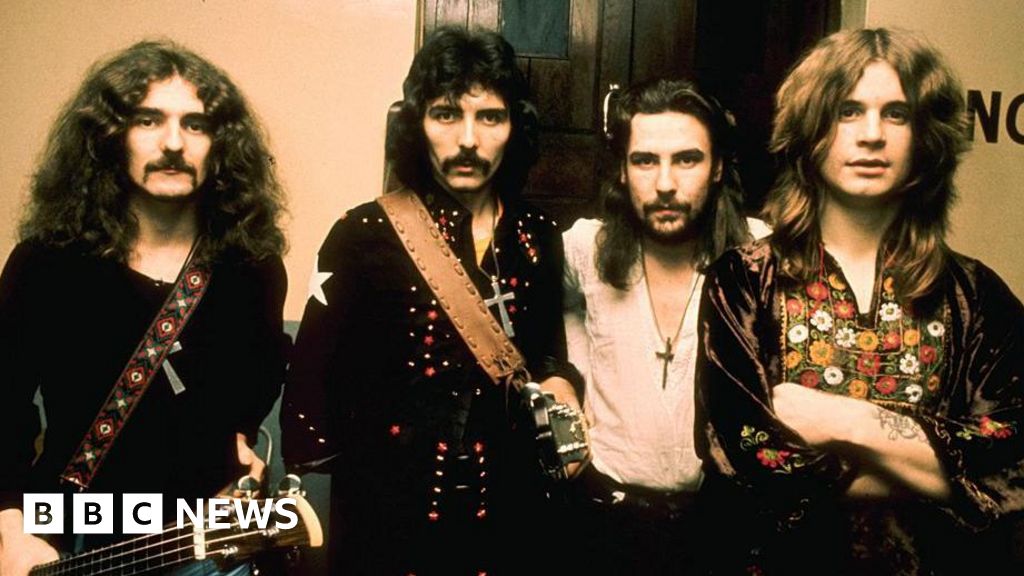

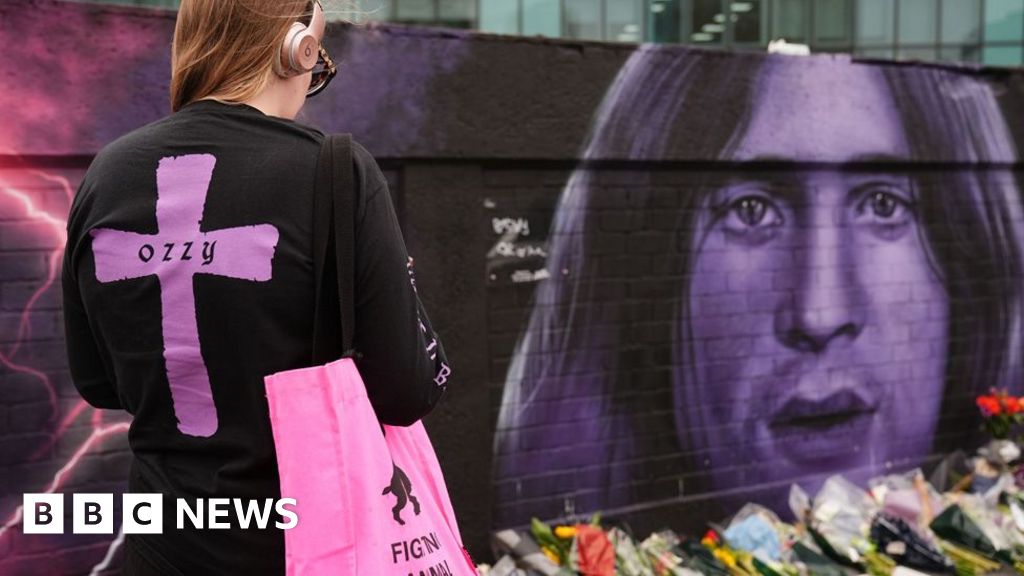



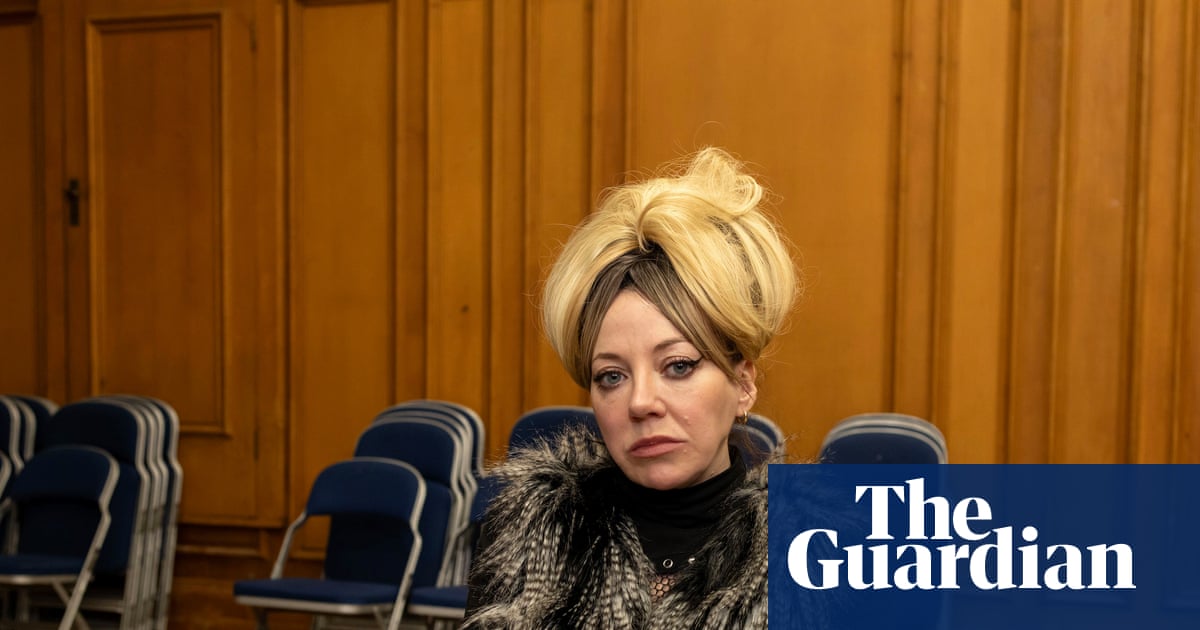


 English (US)
English (US)